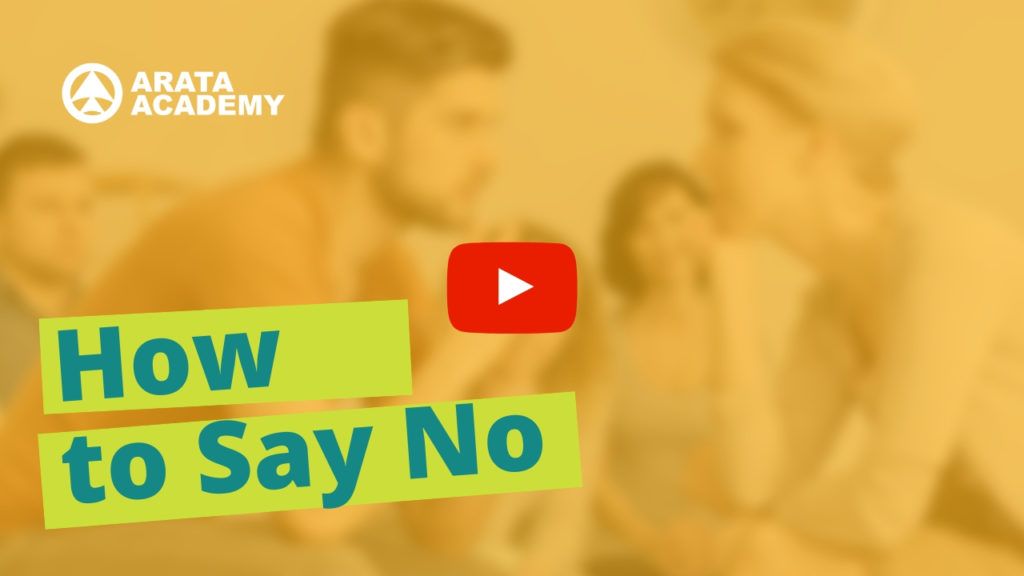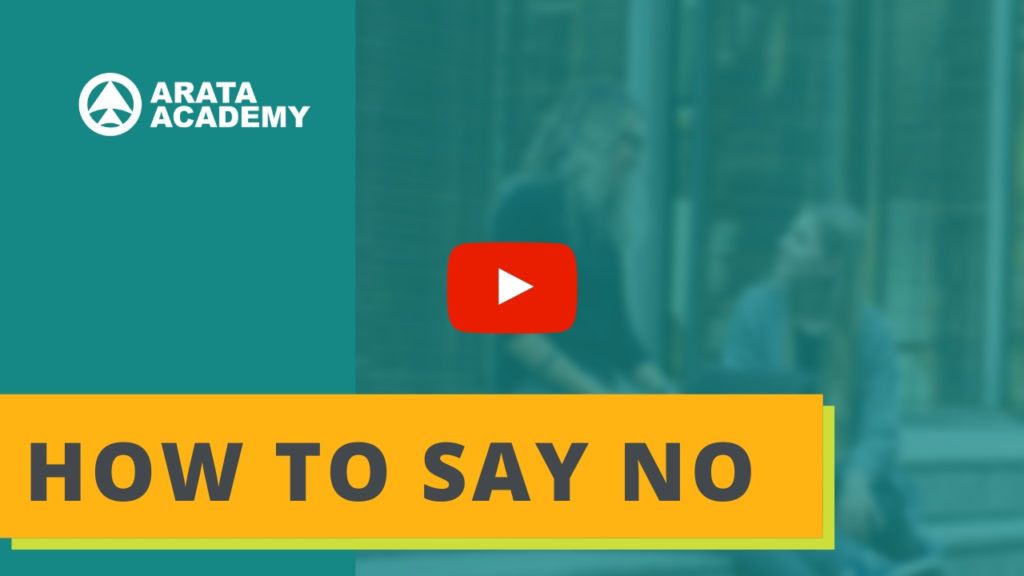Productivity Arata! Do you know how to manage your time? It is crucial that you learn, because if you cannot decide what to do with your time, you do not have control over your life.
You are the only person who has the ability to manage your own time. Do not give this power to others.
1. Time is the most valuable resource you have.
When people say time is money, it means you sell your time when you’re spending hours and hours doing their work. You buy time when you hire someone to do the cleaning. You buy time when you go to the restaurant instead of cooking at home.
But there is actually a difference between time and money. Do you know what it is?
Money is something you can invest and lose … but lost money is recoverable. Lost time you can never recover. So, time is not money. Time is more precious than money.
And it is precisely because of the importance and value of time that you follow the weekly series, Productivity Arata, here on our YouTube channel, Arata Academy. For those who want to go deeper, we invite you to take the Productivity Ninja course, which is our advanced course that teaches you how you can accomplish more in less time and enhance your quality of life. You can also see a time management class in this link.
2. Your time belongs to you.
Recent episodes of our Productivity Arata series are addressing the importance of setting healthy boundaries so you can have a more productive and happy life. Therefore, it is necessary to understand that you must be the person who will determine what to do with your time.
If you do not understand that your time belongs to you, your reasoning will not have clarity. You may decide to do things you do not want to do. You’ll end up giving in to pressure. You will have to face consequences that you would rather avoid.
So write down in your notebook:
– I am the only person responsible for my own choices of how to use my time.
3. Each of our choices has consequences and a price to pay.
When the time comes to face the consequences of your choices, it’s only you who will be responsible for the results. Or lack of results.
Imagine, for example, that you are studying for an important test. You do not want to leave home because you want to continue studying, but your best friend calls and insists that you go out with him and have fun. You are not required to join your friend. If you choose to go out for fun, only you will have to face the consequences. Your friend has nothing to do with it. Your friend will not have to pay the price for your lack of study.
4. Invest in self-knowledge and communication skills.
If you want to learn how to manage your time, then you need to learn how to invest your time in what aligns with your values and your needs, with what you consciously want.
But how are you going to determine what these needs are?
To know what deserves your attention and your time, you need to have clarity about what is important to you and the price of your choices. You must take responsibility for the consequences. You need to understand your feelings and know what your values are.
Once you understand what you really want, you can develop your good communication skills to establish healthy boundaries with the people around you. This is how you manage your time: prioritizing what is important and knowing how to protect yourself from distractions when someone asks you to engage in activities that are not aligned with what you really want.
Warning: If you realize you spend a lot of time doing things you do not like to do, you need to learn how to say no.
You need to develop healthy boundaries, maintaining good relationships with people, respecting them, communicating kindly and firmly while staying true to yourself.
The course, How to Say No, has exercises to help you develop that skill. You can get full access to the course at this link.

